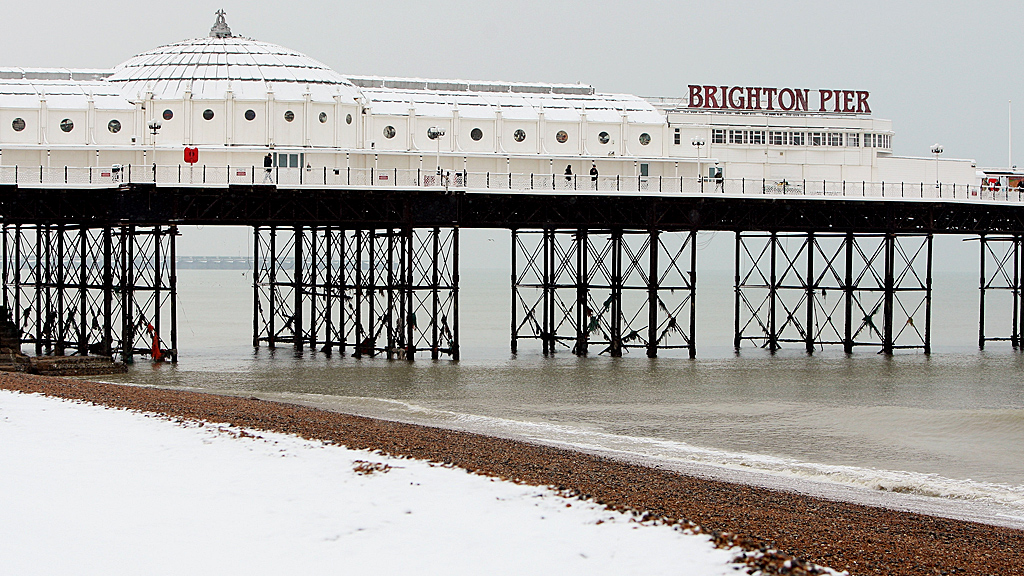Smell complaints as French gas leak hits south east
A strong odour of rotten eggs has wafted across the Channel as the result of a chemicals factory gas leak in France, prompting a flood of panicked calls to the National Grid from the south east.

The National Grid emergency team said it had already received more than 60,000 phone calls by 10am this morning – more than seven times the normal number of emergency calls, and mainly from people in Kent and Sussex.
The leak occurred in the early hours of the morning near Rouen, north west of Paris, but the wind blew the pong south, leading to a slew of phone calls to the emergency services in Paris.
Meanwhile migraines, irritations and nausea among the residents of Rouen have been widely reported by the local press as the company works to plug the leak.
A French Cup football match between Rouen and Olympique Marseille had to be postponed because of the stink, the French federation said.
Blustery conditions have blown the gas across to the UK, with Channel 4 News Twitter followers reporting that the whiff had spread across the south east to Worthing, Brighton, Hastings, Sussex, Eastbourne and Portsmouth.
However, officials at the Lubrizol factory near Rouen, which makes additives for industrial lubricants and paint, insist that the sulphur-like smell is harmless.
It is smelly but not dangerous. National Grid
The company said the smell of rotten eggs comes from a harmless additive in natural gas that was non-toxic.
A spokesman for National Grid confirmed this to Channel 4 News: “We’ve had lots of calls from people concerned there is a gas leak. It is from France and we are keeping a close eye on it – it is smelly but not dangerous. People shouldn’t be concerned about the health impacts.”
Pierre-Jean Payrouse, director of internal operations at Lubrizol, said the company is battling to plug the leak, but admitted it might take until tonight.
“It’s not so much a leak as a product that has decomposed, which smells very bad and which is escaping,” he told local reporters.
Paris police said in a statement the gas was Mercaptan, which is non-toxic but is flammable in strong concentrations.